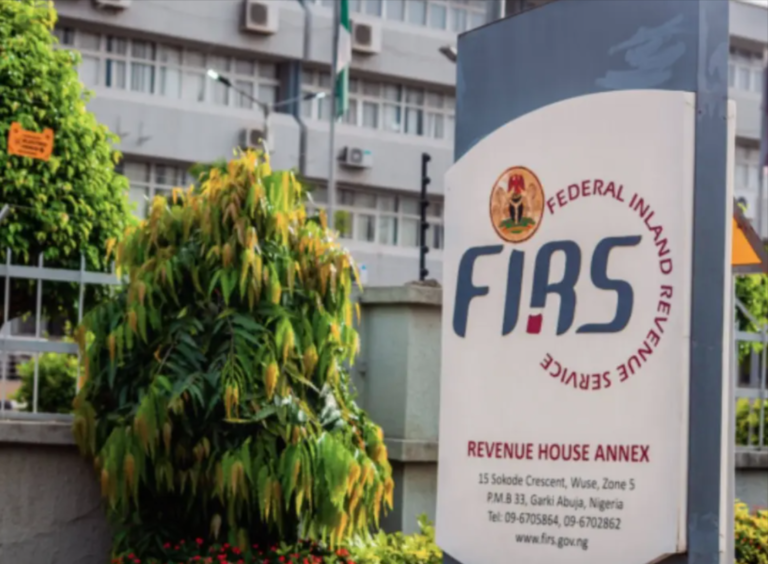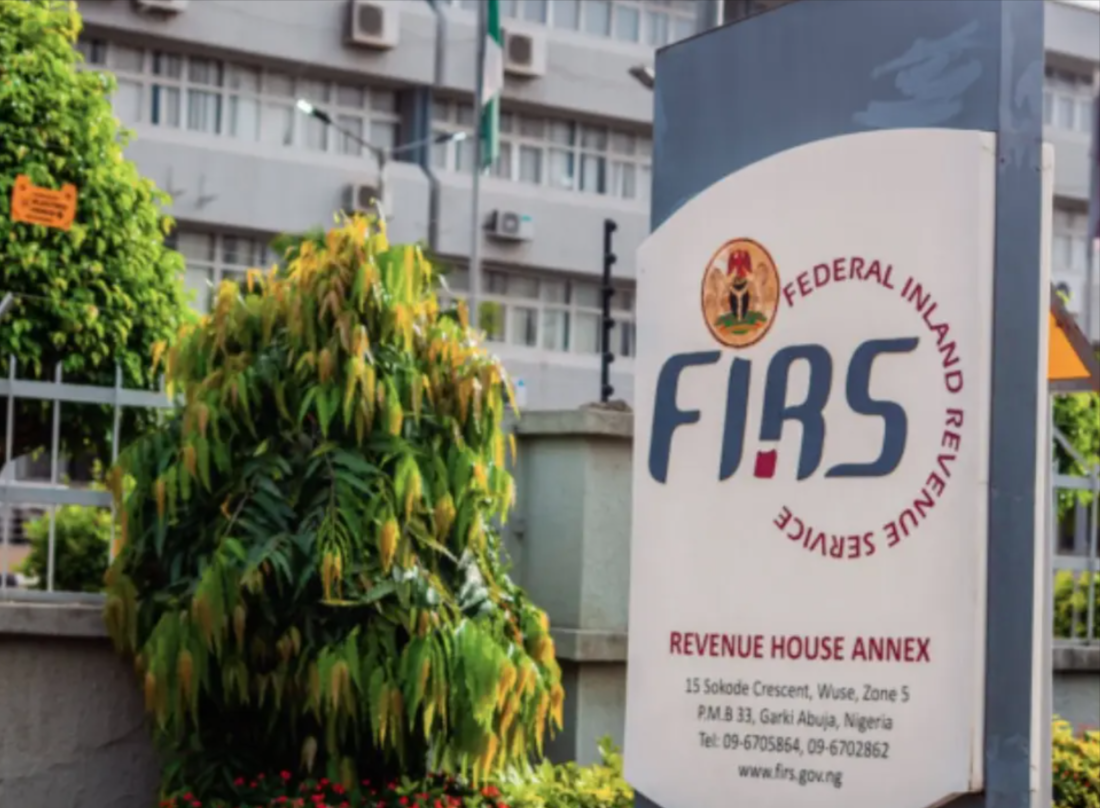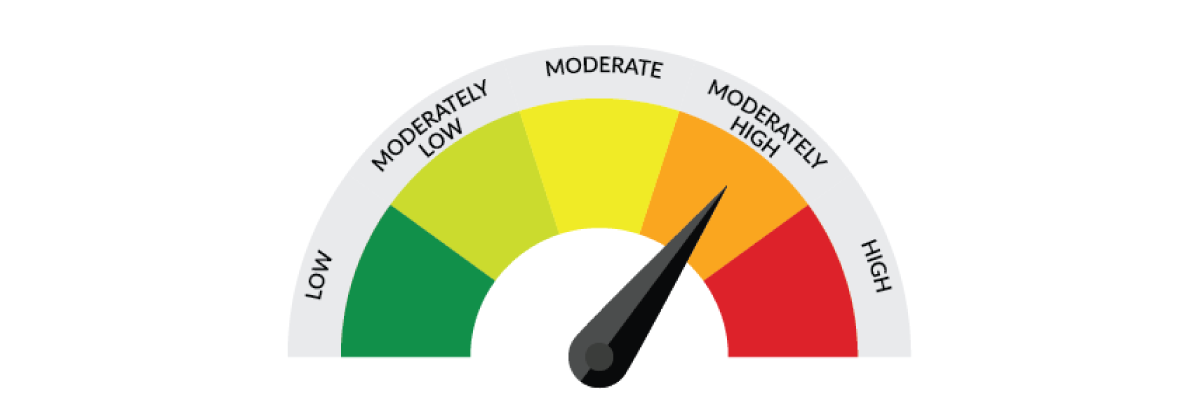The Federal Government has approved a new Medium-Term Debt Management Strategy (MTDS) for 2024–2027, setting a ceiling of 60% for Nigeria’s debt-to-GDP ratio by 2027.
The framework, endorsed by the Federal Executive Council (FEC) and announced by the Debt Management Office (DMO), aims to strengthen debt sustainability, fiscal stability, and investor confidence.
Global Best-Practice Framework
Developed with technical input from the World Bank and International Monetary Fund (IMF), the MTDS is recognized as an international benchmark for public debt management. The DMO explained that the strategy balances government financing needs with sustainability, while minimizing the costs and risks of borrowing.
According to the statement, the MTDS seeks to ensure Nigeria can meet its financing obligations, optimize the debt portfolio mix, and deepen the domestic securities market through innovative instruments. Consultations were held with key stakeholders, including the Central Bank of Nigeria (CBN) and the Federal Ministry of Finance.
New Debt Benchmarks
The policy sets out fresh targets to manage Nigeria’s growing debt burden and reduce exposure to currency and refinancing risks:
- Debt-to-GDP ratio: projected to rise from 52.25% in 2024 to a ceiling of 60% by 2027.
- Interest payments-to-GDP: capped at 4.5%, compared to 3.75% in 2024.
- Sovereign guarantees-to-GDP: limited to 5%, up from 2.09%.
- Domestic-to-external debt mix: adjusted from 48:52 to 55:45, reducing foreign exchange risk.
- Refinancing risk: maximum of 15% debt maturing within one year, with maturities as a share of GDP capped at 5%.
- Average time to maturity: set at a minimum of 10 years to ease repayment pressures.
- Foreign exchange debt share: capped at 45%, down from 51.75%.
The approval follows a similar MTDS adopted for 2020–2023, which prioritized domestic borrowing. The 2024–2027 plan signals continuity, but with a sharper focus on reducing foreign exchange risk and extending debt maturities.
The DMO emphasized that the strategy is designed to reassure credit rating agencies, investors, and international partners of Nigeria’s commitment to responsible fiscal management. The measures are expected to enhance confidence in Nigeria’s debt profile while promoting long-term economic stability.
By aligning with global standards, Nigeria aims to balance its rising borrowing needs with fiscal discipline, ensuring its debt remains sustainable in the medium term.
























